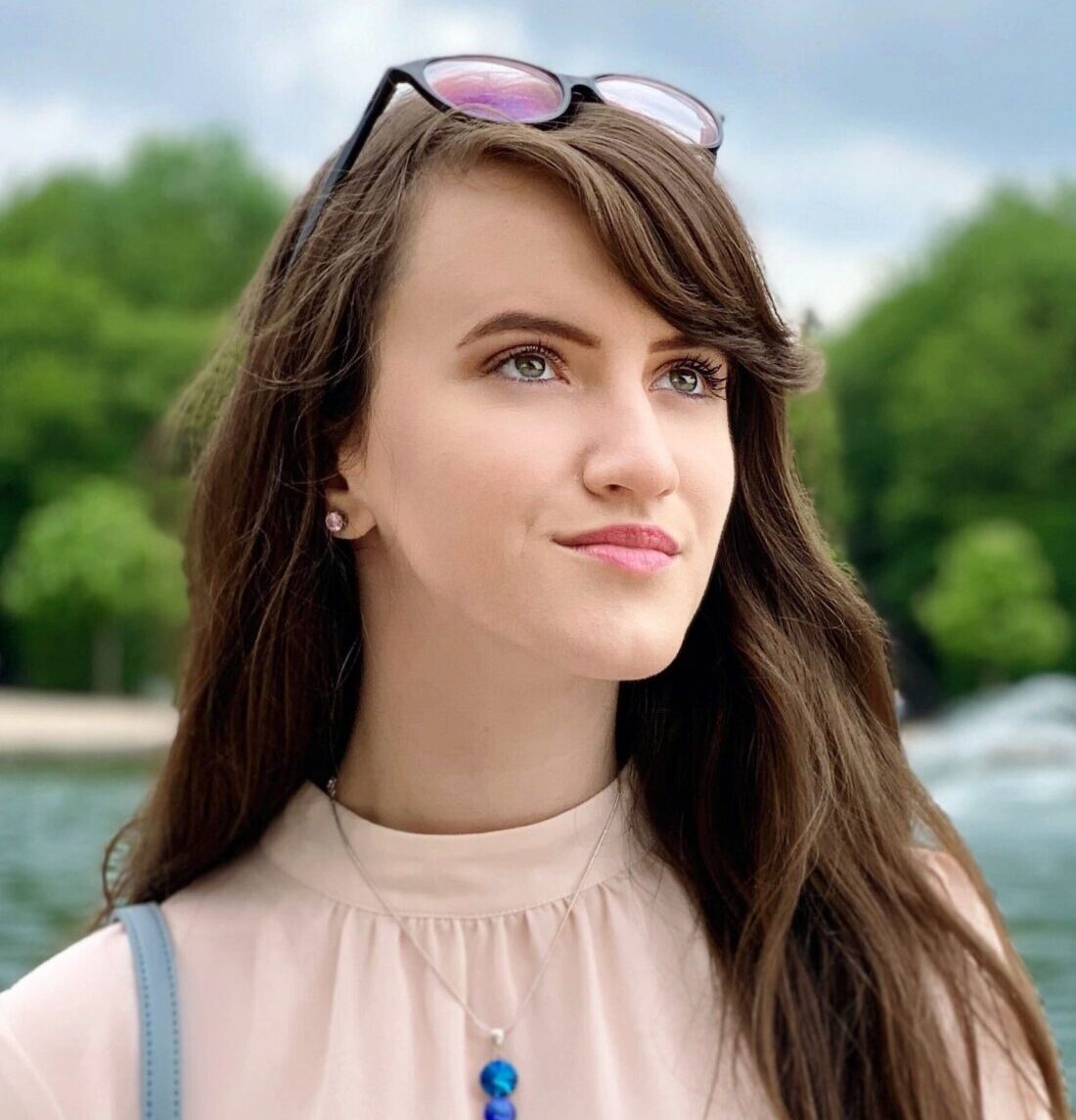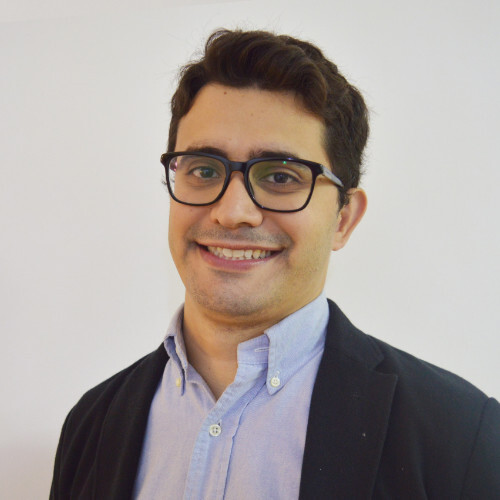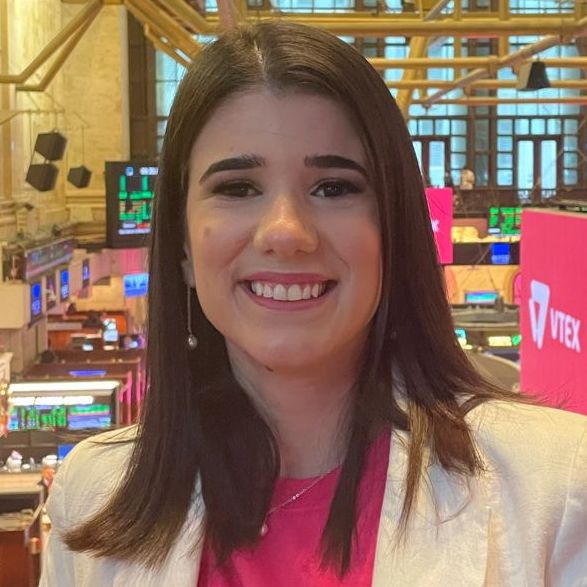
Paulo and Raony tell us a bit about their identity journey and how they see a diverse and inclusive future in the digital commerce ecosystem.
In addition to identity, gender, and orientation diversity, the LGBTQIA+ community is made up of heterogeneous histories as well. Each individual has their own specific life path, experiences, support network, and most importantly, their own reasons to be proud.
In addition to pride, a fairly common story is the need to break down barriers in order to be able to be who you are. These are the stories of two VTEX software engineers who belong to this community and have success stories to share.
Paulo Vinicius Soares was born in Mossoró (Rio Grande do Norte), “the land of oil, salt, and melon,” but currently lives in João Pessoa (Paraíba). He is a front-end software engineer at VTEX and has been with the company since October 2019.
Raony Benjamim de Assis Alves is 31 years old and is from Recife (Pernambuco). He has been working for six months as a software engineer at VTEX. Like Paulo, he is part of the LGBTQIA + affinity group within VTEX and also identifies himself as a cisgender gay man.
Below, Paulo and Raony will talk about their defining moments as LGBTQIA+ individuals and how they envision a diverse and inclusive future for the technology and digital commerce ecosystem.
Do you remember significant moments related to belonging to the LGBTQIA+ community? How did those experiences change you?
Paulo: I think there are many challenges, identity conflicts, and someone saying there’s something wrong with you. When I think about the beginning, The first moments always bring to mind some people, who made me believe that I would be punished for feeling something I cannot control, or even for my way of speaking, acting, singing, etc. My other memories are related to my family, who don’t know how to deal with the situation due to ignorance, fear of prejudice from the outside world, and end up hurting you in so many ways. The good part was when I went to college and met other LGBTQIA+ who ended up becoming a sort of support and welcoming group. Because we were going through many similar problems, we were supporting each other and seeking strength.
Raony: I think what has stayed with me the most — and still does — is the recurring violence suffered by the LGBTQIA+ community. Every time I see news about people who have been attacked just for being who they are, I feel very upset.
When did you first identify yourself as belonging to the LGBTQIA+ community? What was that process like? Have you had to overcome any kind of challenge or prejudice?
Paulo: Although I identified myself early on as a boy who liked boys, it took me a while to accept myself as gay — this happened after deconstructing the stereotypical image that we have around gay people — and consequently accepting myself as part of this group and understanding the journey, the importance of doing this, and the struggles we face daily. This relates to the sense of collectivity, collaboration, and unity in favor of rights, public policies, and representation in many different environments. We must all fight to maintain and win more rights for the community, increasing the range of choices for these individuals, whether professional, personal, family, or religious. We must secure all rights as citizens.
Raony: I knew I was different since I was four years old, but my identity process was quite complicated and full of uncertainty. I grew up in a small town in the state of Pernambuco, and my childhood was very difficult because I was always different from the other children. I suffered a lot of bullying because of my manner and way of speaking, not only at school but also within my own family. So, to protect myself, I ended up creating a “shield” around my feelings, and I basically hid everything that had to do with who I was inside it. I didn’t see myself as a member of the LGBTQIA+ community until I was an adult, around the age of 23. So, it took me all this time to stop fighting who I was and start accepting myself.
What are you proud of today? What makes you proud of belonging to the LGBTQIA+ community?
Paulo: Today, I am very proud of the fact that the community is becoming more and more aware and mobilizing towards conquering rights and fighting for visibility. Increasingly, we are gaining spaces to tell our stories, be heard, and also be represented in politics, where change actually happens. The new generations are more politically engaged and actively demanding that people get educated, become aware, and seek understanding before spreading ignorance and hate. In addition, there are magnificent people in the community whose voices inspire thousands more, like Linn da quebrada, Liniker, Pabllo Vittar, Maite Schneider, Sophie Alpert, and so on. They are inspiring and show that we can be in any position, regardless of who we love.
Raony: I am proud to be who I am and to have overcome all the discrimination I have suffered. But I think what I’m most proud of is my faith in humanity. I’ve seen some pretty rough stuff throughout my childhood and adolescence, and being able to believe that there is something good in people makes me very happy. This is largely due to all the support I received from my friends and people in the LGBTQIA+ community who I met during my identity process.
Imagine a diverse and inclusive future for the tech and digital commerce ecosystem. What does that future look like? How do you see yourself in it? What expressions from your daily life are present in this future?
Paulo: I imagine a more mixed future, with Brazil’s face on it. The more diverse, the more people we can reach, right? A good mix of individuals involved in the development process makes our product speak to everyone. I believe that the first step to achieve this future is to visualize it, dream about it, and then take steps back to the present, trying to understand the paths we will have to take to actually reach it. We are taking our first steps on this journey, and I believe we will be able to greatly drive this diversity and inclusion movement, given our relevance in this market.
Raony: I see a more diverse and inclusive future, a place where all people can work together and respect each other, regardless of differences. A future where people can actually listen to each other and build solid relationships and powerful conversations. A future where everyone can grow together in a more equal way because I believe that all people should have opportunities to grow and be the best version of themselves.














